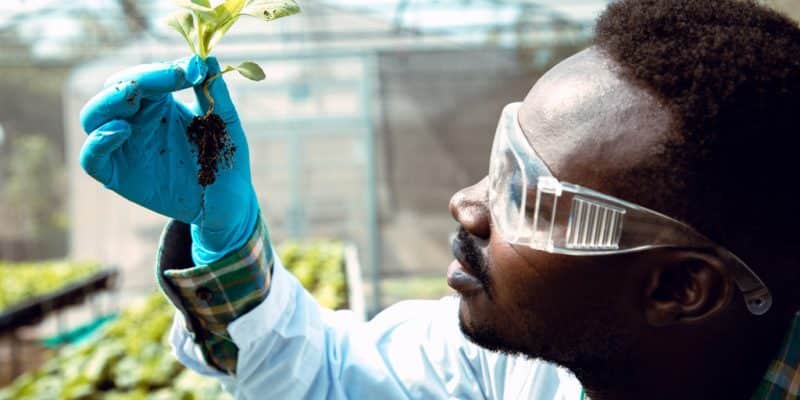The World Bank is releasing $40 million to finance climate research in Ethiopia, Zambia, Kenya, Mali, Senegal and Ghana. The aim is to make up for the lack of data and technological solutions that are essential for the development of agricultural chains.
According to the United Nations, it is essential that climate-related policies, plans and practices are based on “scientifically established facts if adaptation measures are to be adequate”. Unfortunately, scientific research is not yet at the top of its game in Africa, not least because of the difficulty of accessing data and funding.
Aware of this, the World Bank has decided to look at Ethiopia, Ghana, Kenya, Mali, Senegal and Zambia, where the effects of climate change have been severe in recent years in terms of droughts and floods. Through the International Development Association (IDA), the Group is allocating 40 million dollars to climate research in these six target countries.
This support is part of the AICCRA project, led by a global partnership of international organisations involved in research. It will accelerate data collection and the development of “climate-smart agricultural technologies to strengthen climate resilience and food security”, says the World Bank.
Scientific research for sustainable innovation
According to Chakib Jenane, the Bank’s Director for Sustainable Development in West and Central Africa, the ultimate aim is to provide local farmers and livestock breeders with the tools to anticipate meteorological phenomena “through concrete intervention measures that guarantee their productivity and livelihoods”.
Read also- EGYPT: World Bank to allocate $1.8bn for sustainable cities projects in 2023
Among the first initiatives to be implemented thanks to the 40 million dollars announced are the creation of a regional laboratory for fertilisers and soil health for West African countries with arid climates. This will be done with the support of other partners such as the Bill and Melinda Gates Foundation, which has already pledged a further $18.8 million.
Benoit-Ivan Wansi






